This event has ended.
2022/09/14 Added announcement video
2022/09/06 Added luncheon mini-seminar
——
The 6th Annual Meeting will be held as follows.
This year, the conference will be held simultaneously at the venue and online.
Please be careful when coming to the venue as a typhoon is approaching.

Date and Time
Sunday, September 18, 2022
Opening at 11:00 a.m. (doors open at 10:30 a.m.) – Closing at 5:00 p.m.
*The general meeting will be held from 9:00 to 10:30 (members only).
venue
Rihga Royal Hotel Osaka West Wing 2F “Yamaraku no Ma”
5-3-68 Nakanoshima, Kita-ku, Osaka 530-0005, Japan
TEL: (06)6448-1121
Access here
Free shuttle bus from JR Osaka here
Parking information
Greetings from the Representative Director
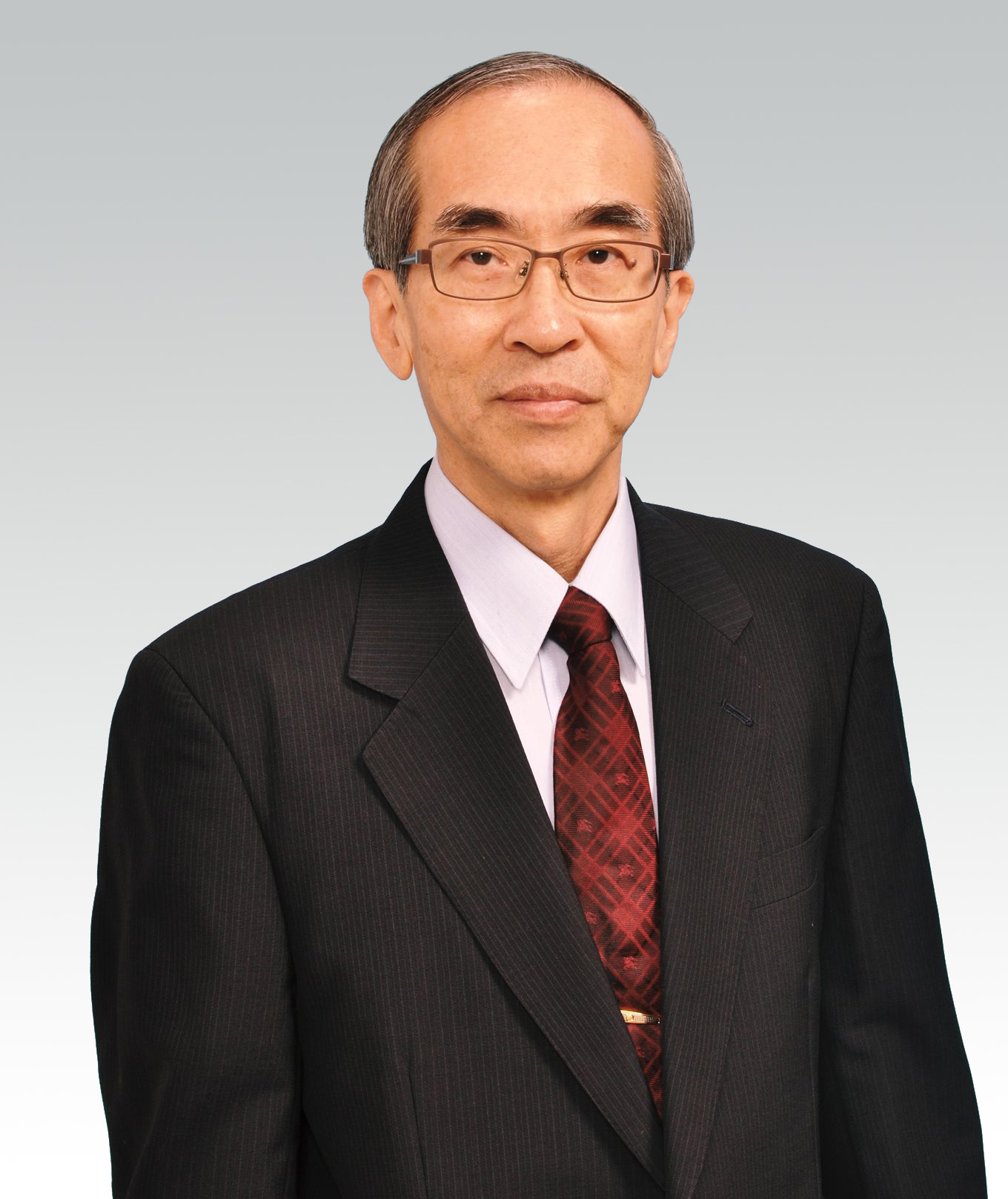 The Intestinal Flora Transplantation Clinical Research Society of Japan is pleased to announce the 6th Annual Meeting of the Society. We would like to express our gratitude for the support and cooperation of patients who have received transplants, physicians and other medical professionals affiliated with the study group, our supporting members, and the general public.
We are the first and only private organization in Japan that has been systematically involved in intestinal flora transplantation. We are proud of our contribution to society as clinicians, and we will continue to work together with other specialists to advance basic and clinical research, and to steadily disseminate our findings to society for further development.
FOLLOWING THE ASD INITIATIVE, WE WILL WORK TO VERIFY THE SAFETY AND EFFICACY OF FMT IN INFLAMMATORY BOWEL DISEASE, RENAL DISEASE, AND ALLERGIC DISEASE.
We will continue to make further efforts to contribute to society through research on intestinal bacteria, transplantation of intestinal flora, and the treatment, prevention, and maintenance of disease and health, as well as to the goal of happiness in life. We would like to ask for your great support and cooperation in this endeavor.
The Intestinal Flora Transplantation Clinical Research Society of Japan is pleased to announce the 6th Annual Meeting of the Society. We would like to express our gratitude for the support and cooperation of patients who have received transplants, physicians and other medical professionals affiliated with the study group, our supporting members, and the general public.
We are the first and only private organization in Japan that has been systematically involved in intestinal flora transplantation. We are proud of our contribution to society as clinicians, and we will continue to work together with other specialists to advance basic and clinical research, and to steadily disseminate our findings to society for further development.
FOLLOWING THE ASD INITIATIVE, WE WILL WORK TO VERIFY THE SAFETY AND EFFICACY OF FMT IN INFLAMMATORY BOWEL DISEASE, RENAL DISEASE, AND ALLERGIC DISEASE.
We will continue to make further efforts to contribute to society through research on intestinal bacteria, transplantation of intestinal flora, and the treatment, prevention, and maintenance of disease and health, as well as to the goal of happiness in life. We would like to ask for your great support and cooperation in this endeavor.
Registration and Participation Fee
On-site registration is due by noon on Thursday, September 15.
Online registration is due by noon on Friday, September 16.
Please note that no cancellations will be accepted after the deadline for both on-site and online registration.
Both on-site and online participation is free for transplant patients.
If you wish to view only the afternoon abstracts, you may view the Keynote Speech, Case Reports, and Panel Discussion on Autism Spectrum Disorders for free.
Please register for both to receive the URL.
time schedule
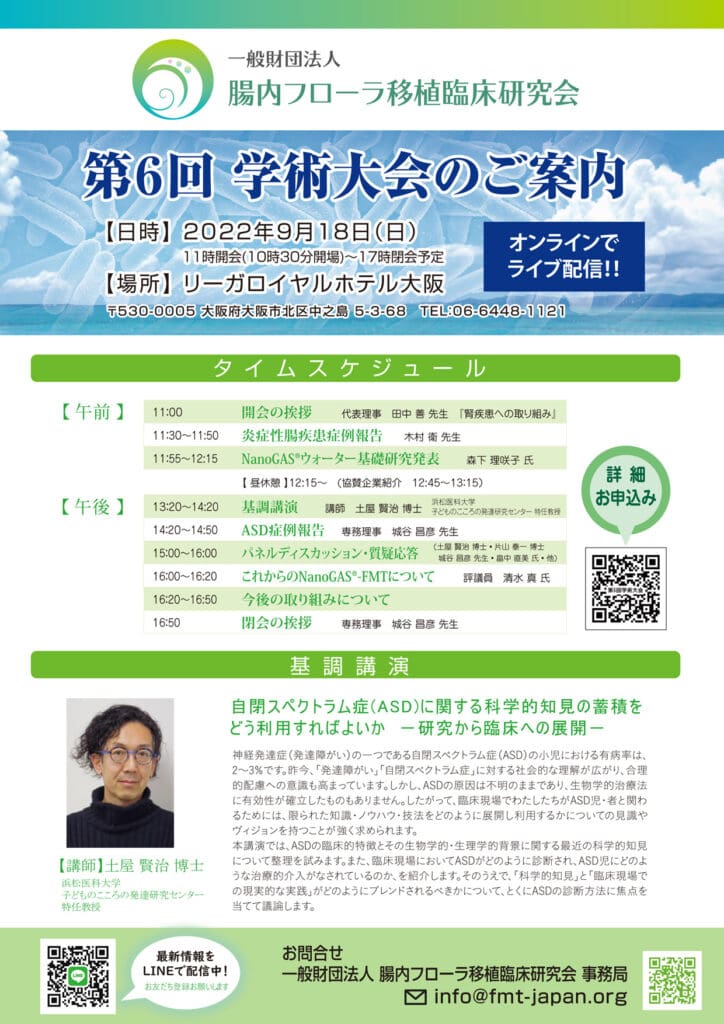
| 10:30 | inauguration |
| 11:00 | Opening Remarks Dr. Zen Tanaka, Representative Director (President, Tanaka Clinic, Jinzenkai Medical Corporation) |
| Efforts for Renal Diseases “Future Clinical Research in the Intestinal Flora Transplantation Clinical Study Group – Efforts for Renal Diseases” Dr. Zen Tanaka (President, Tanaka Clinic, Jinzenkai Medical Corporation) “Study on Safety and Effectiveness of Intestinal Flora Transplantation in Dogs and Cats with Chronic Kidney Disease” Dr. Shosei Toyofuku (Director, Hyogo Minato Veterinary Hospital) | |
| 11:30~11:50 | Inflammatory Bowel Disease Case Report “A case of irritable bowel syndrome and ulcerative colitis in which intestinal flora transplantation was effective” Dr. Mamoru Kimura (President, Kimura Hospital, Medical Corporation Keimeikai) |
| 11:55~12:15 | NanoGAS® Water Basic Research Presentation “Innovative Material: Exploring the Utilization of NanoGAS® in the Pharmaceutical and Food Fields” Risako Morishita (Symbiosis Inc.) |
| 12:15~13:15 | Lunch break (box lunch available) Luncheon Mini Seminar ” Carbohydrates that make intestinal bacteria happy – Possibilities of fermented seasonings” Ms. Ai Kitamura (Fermented Food Specialist / President, Love I Food Education, Inc.) Introduction of sponsor companies |
| 13:20~14:20 | Keynote Speech “How to Use the Accumulation of Scientific Knowledge on Autism Spectrum Disorders (ASD) – From Research to Clinical Practice” Lecturer: Dr. Kenji Tsuchiya Specially Appointed Professor, Research Center for Child Mental Development, Hamamatsu University School of Medicine |
| 14:20~14:50 | ASD case report “Case report of FMT using NanoGAS®︎ for ASD” Dr. Masahiko Johya (Director, Luke’s Ashiya Clinic) |
| 15:00~16:00 | Panel Discussion and Q&A “The Future of Children with Autism Spectrum Disorders” Panelists: Dr. Kenji Tsuchiya (Specially Appointed Professor, Research Center for Child Mental Development, Hamamatsu University School of Medicine) Dr. Taiichi Katayama (Vice Dean, United Graduate School of Child Development, Osaka University / Professor, Molecular Biogenetics Research Field) Dr. Masahiko Johya (Director, Luke’s Ashiya Clinic) Ms. Naomi Hatanaka (President, Challenged LIFE Incorporated Association) |
| 16:00~16:20 | Prospects for NanoGAS® Water Research “About the Future of NanoGAS®-FMT “ Makoto Shimizu, Senior Researcher, Symbiosis, Inc. |
| 16:20~16:50 | Prospects for NanoGAS® Water Research “The Possibility of Intestinal Flora Transplantation.” Dr. Kunihiro Kitamura (President, Kitamura Clinic, Medical Corporation Kiwakai) Dr. Reiko Haruna (Vice President, Haruna Clinic, Medical Corporation) Dr. Shoko Arisawa (Director, Hoshigaoka Dermatology Clinic, Medical Corporation Aiseikai) Dr. Yuichi Kawai (President, Cute Medicine Clinic, Medical Corporation Yuuakai) ) |
| 16:50 | Closing Remarks Executive Director Dr. Masahiko Johya (Director, Luke’s Ashiya Clinic) |
Speakers
Efforts for Renal Diseases
Jinzenkai Tanaka Clinic President
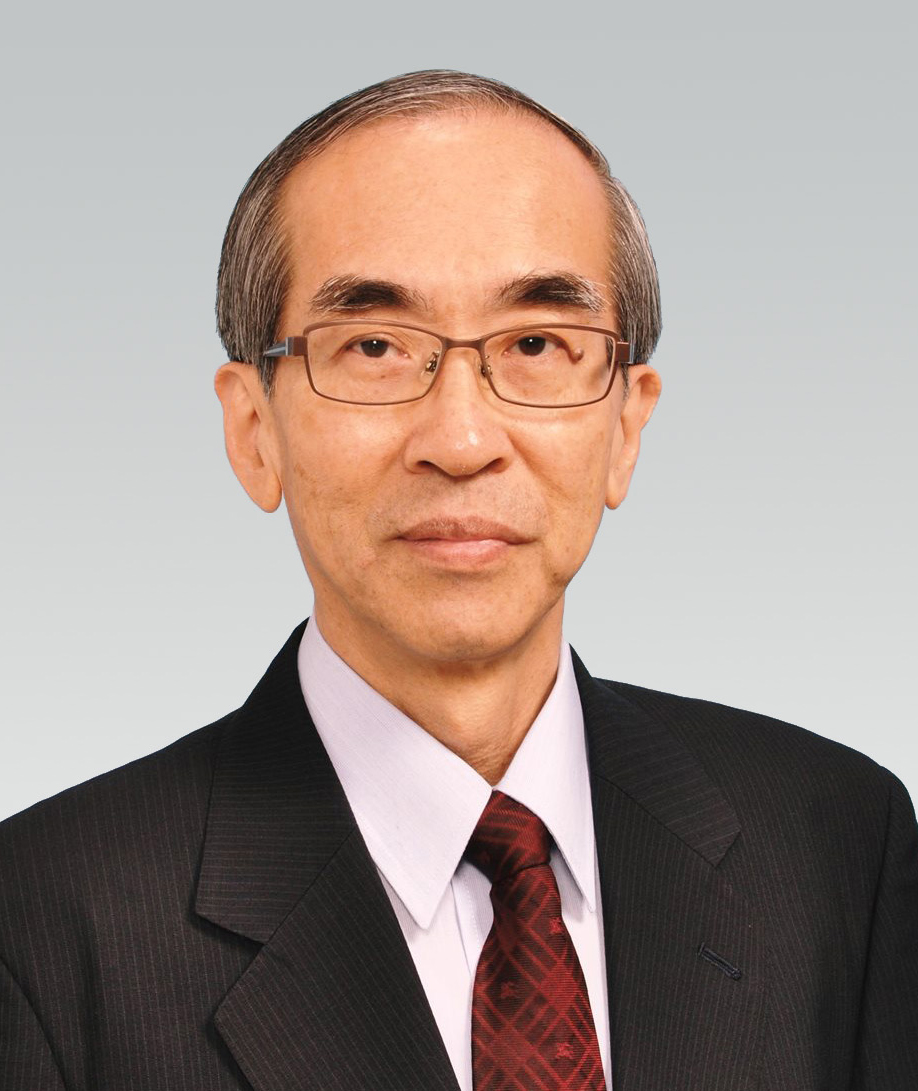 OUR RESEARCH GROUP HAS BEEN SUCCESSFUL IN CLINICAL STUDIES OF INTESTINAL FLORA TRANSPLANTATION (FMT) NOT ONLY IN GASTROINTESTINAL DISEASES SUCH AS ULCERATIVE COLITIS AND IRRITABLE BOWEL SYNDROME, BUT ALSO IN AUTISM SPECTRUM DISORDER IN CHILDREN AND ALLERGIC DISEASES SUCH AS ATOPIC DERMATITIS. IN THE FUTURE, I WOULD LIKE TO ADVANCE CLINICAL VALIDATION FOR RENAL DISEASES. FROM THE VIEWPOINT OF GUT-RENAL RELATIONSHIP, FMT MAY BE ABLE TO SUPPRESS THE DECLINE OF RENAL FUNCTION IN CONSERVATIVE RENAL FAILURE BEFORE THE INTRODUCTION OF DIALYSIS, FOR WHICH NO ACTIVE TREATMENT IS AVAILABLE. IN THIS ISSUE, I WOULD LIKE TO RAISE THE ISSUE OF THE APPLICATION OF FMT FOR RENAL DISEASES.
OUR RESEARCH GROUP HAS BEEN SUCCESSFUL IN CLINICAL STUDIES OF INTESTINAL FLORA TRANSPLANTATION (FMT) NOT ONLY IN GASTROINTESTINAL DISEASES SUCH AS ULCERATIVE COLITIS AND IRRITABLE BOWEL SYNDROME, BUT ALSO IN AUTISM SPECTRUM DISORDER IN CHILDREN AND ALLERGIC DISEASES SUCH AS ATOPIC DERMATITIS. IN THE FUTURE, I WOULD LIKE TO ADVANCE CLINICAL VALIDATION FOR RENAL DISEASES. FROM THE VIEWPOINT OF GUT-RENAL RELATIONSHIP, FMT MAY BE ABLE TO SUPPRESS THE DECLINE OF RENAL FUNCTION IN CONSERVATIVE RENAL FAILURE BEFORE THE INTRODUCTION OF DIALYSIS, FOR WHICH NO ACTIVE TREATMENT IS AVAILABLE. IN THIS ISSUE, I WOULD LIKE TO RAISE THE ISSUE OF THE APPLICATION OF FMT FOR RENAL DISEASES.Hyogo Minato Veterinary Hospital, Director
 FECAL MICROBIOTA TRANSPLANTATION (FMT) IN VETERINARY MEDICINE HAS BEEN REPORTED IN A WIDE RANGE OF ANIMAL SPECIES, INCLUDING DOGS, CATS, PIGS, HORSES, CATTLE, POULTRY, AND MONKEYS, SUGGESTING THAT IT MAY BE AN EFFECTIVE TREATMENT, ALTHOUGH THE LEVEL OF EVIDENCE IS NOT YET HIGH. CHRONIC KIDNEY DISEASE (CKD) IS ROUTINELY ENCOUNTERED IN DOGS AND CATS, WITH A PARTICULARLY HIGH INCIDENCE IN OLDER CATS, AND IS COMMONLY TREATED WITH THERAPEUTIC DIETS, INFUSION THERAPY, AND DRUG THERAPY. WE HAVE HAD THE OPPORTUNITY TO PERFORM FMT IN DOGS AND CATS WITH CKD AND REPORT ON THE PROGRESS OF THIS STUDY.
FECAL MICROBIOTA TRANSPLANTATION (FMT) IN VETERINARY MEDICINE HAS BEEN REPORTED IN A WIDE RANGE OF ANIMAL SPECIES, INCLUDING DOGS, CATS, PIGS, HORSES, CATTLE, POULTRY, AND MONKEYS, SUGGESTING THAT IT MAY BE AN EFFECTIVE TREATMENT, ALTHOUGH THE LEVEL OF EVIDENCE IS NOT YET HIGH. CHRONIC KIDNEY DISEASE (CKD) IS ROUTINELY ENCOUNTERED IN DOGS AND CATS, WITH A PARTICULARLY HIGH INCIDENCE IN OLDER CATS, AND IS COMMONLY TREATED WITH THERAPEUTIC DIETS, INFUSION THERAPY, AND DRUG THERAPY. WE HAVE HAD THE OPPORTUNITY TO PERFORM FMT IN DOGS AND CATS WITH CKD AND REPORT ON THE PROGRESS OF THIS STUDY.Inflammatory bowel disease case report
Medical Corporation Keimeikai Kimura Hospital President
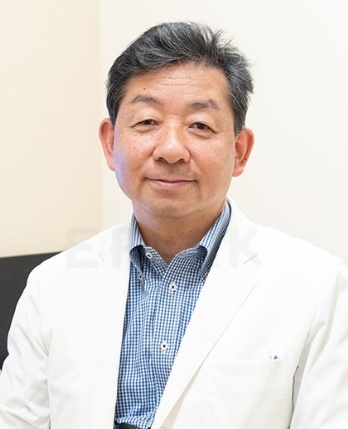 Fecal microbiota transplantation (FMT) is a promising method to improve dysbiosis of the intestinal flora. The NanoGAS®-FMT (NanoGAS®-FMT) is performed using nanobubble water containing microscopic bubbles. In this report, we describe the usefulness, safety, and simplicity of the procedure in cases of ulcerative colitis and irritable bowel syndrome treated with NanoGAS®-FMT at our hospital, which provides primary care in the community.
Fecal microbiota transplantation (FMT) is a promising method to improve dysbiosis of the intestinal flora. The NanoGAS®-FMT (NanoGAS®-FMT) is performed using nanobubble water containing microscopic bubbles. In this report, we describe the usefulness, safety, and simplicity of the procedure in cases of ulcerative colitis and irritable bowel syndrome treated with NanoGAS®-FMT at our hospital, which provides primary care in the community.NanoGAS Water Basic Research Presentation
Symbiosis, Inc.
 NanoGAS® (Nanobubble) has high potential as a multifunctional material for living organisms as well as the ability to hold gases in liquids for long periods of time. Nanobubbles in general are beginning to be utilized in cleaning and various industries, but their usefulness in the health sciences is still in its infancy. We are exploring the potential of NanoGAS® as a “new modality” in the pharmaceutical and medical fields by understanding its unique physicochemical properties that are endlessly fascinating and conducting basic research.
This year, we also turned our attention to the food processing industry and clarified the usefulness of NanoGAS® for general use. In this issue, we would like to report a summary of our research results over the past two years.
NanoGAS® (Nanobubble) has high potential as a multifunctional material for living organisms as well as the ability to hold gases in liquids for long periods of time. Nanobubbles in general are beginning to be utilized in cleaning and various industries, but their usefulness in the health sciences is still in its infancy. We are exploring the potential of NanoGAS® as a “new modality” in the pharmaceutical and medical fields by understanding its unique physicochemical properties that are endlessly fascinating and conducting basic research.
This year, we also turned our attention to the food processing industry and clarified the usefulness of NanoGAS® for general use. In this issue, we would like to report a summary of our research results over the past two years.Luncheon Mini Seminar
Fermented Food Specialist / President, Love I Food Education, Inc.
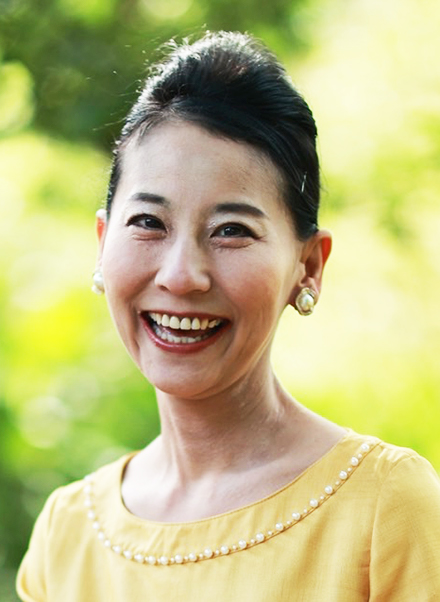 One of the things we want to avoid when it comes to our intestines is refined sugar. Today, sweets can be purchased at convenience stores at any time.
‘I want to eat something sweet, but I want to avoid it, so what can I do?’ There are many people who have such problems.
I used to love sweets, too, but it was amazake that allowed me to graduate from sweets.
Amazake is rich in oligosaccharides and fermentation metabolites, and is a great sugar for the intestines. You can use this amazake to make delicious sweets and even use it in cooking.
We will show you the charm of fermented seasonings.
One of the things we want to avoid when it comes to our intestines is refined sugar. Today, sweets can be purchased at convenience stores at any time.
‘I want to eat something sweet, but I want to avoid it, so what can I do?’ There are many people who have such problems.
I used to love sweets, too, but it was amazake that allowed me to graduate from sweets.
Amazake is rich in oligosaccharides and fermentation metabolites, and is a great sugar for the intestines. You can use this amazake to make delicious sweets and even use it in cooking.
We will show you the charm of fermented seasonings.Keynote Speech
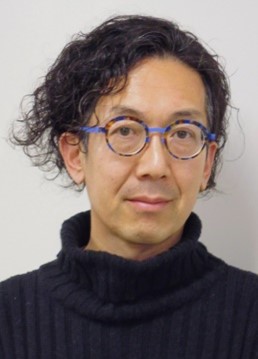 THE PREVALENCE OF AUTISM SPECTRUM DISORDER (ASD), A NEURODEVELOPMENTAL DISORDER, IN CHILDREN IS 2-3%. RECENTLY, SOCIAL UNDERSTANDING OF “DEVELOPMENTAL DISABILITIES” AND “AUTISM SPECTRUM DISORDERS” HAS EXPANDED, AND AWARENESS OF REASONABLE ACCOMMODATIONS HAS INCREASED. HOWEVER, THE CAUSES OF ASD REMAIN UNKNOWN, AND THERE ARE NO BIOLOGICAL TREATMENTS WITH ESTABLISHED EFFICACY. THEREFORE, IN ORDER TO WORK WITH INDIVIDUALS WITH ASD IN CLINICAL SETTINGS, WE MUST HAVE INSIGHT AND VISION ON HOW TO DEVELOP AND UTILIZE OUR LIMITED KNOWLEDGE, KNOW-HOW, AND TECHNIQUES.
THIS PRESENTATION WILL ATTEMPT TO SUMMARIZE RECENT SCIENTIFIC FINDINGS ON THE CLINICAL FEATURES OF ASD AND ITS BIOLOGICAL AND PHYSIOLOGICAL BACKGROUND. IT WILL ALSO INTRODUCE HOW ASD IS DIAGNOSED IN CLINICAL PRACTICE AND WHAT KIND OF THERAPEUTIC INTERVENTIONS ARE PROVIDED TO CHILDREN WITH ASD. THE DISCUSSION WILL THEN FOCUS ON HOW “SCIENTIFIC FINDINGS” AND “REALISTIC PRACTICE IN CLINICAL SETTINGS” SHOULD BE BLENDED, WITH A PARTICULAR EMPHASIS ON HOW ASD IS DIAGNOSED.
THE PREVALENCE OF AUTISM SPECTRUM DISORDER (ASD), A NEURODEVELOPMENTAL DISORDER, IN CHILDREN IS 2-3%. RECENTLY, SOCIAL UNDERSTANDING OF “DEVELOPMENTAL DISABILITIES” AND “AUTISM SPECTRUM DISORDERS” HAS EXPANDED, AND AWARENESS OF REASONABLE ACCOMMODATIONS HAS INCREASED. HOWEVER, THE CAUSES OF ASD REMAIN UNKNOWN, AND THERE ARE NO BIOLOGICAL TREATMENTS WITH ESTABLISHED EFFICACY. THEREFORE, IN ORDER TO WORK WITH INDIVIDUALS WITH ASD IN CLINICAL SETTINGS, WE MUST HAVE INSIGHT AND VISION ON HOW TO DEVELOP AND UTILIZE OUR LIMITED KNOWLEDGE, KNOW-HOW, AND TECHNIQUES.
THIS PRESENTATION WILL ATTEMPT TO SUMMARIZE RECENT SCIENTIFIC FINDINGS ON THE CLINICAL FEATURES OF ASD AND ITS BIOLOGICAL AND PHYSIOLOGICAL BACKGROUND. IT WILL ALSO INTRODUCE HOW ASD IS DIAGNOSED IN CLINICAL PRACTICE AND WHAT KIND OF THERAPEUTIC INTERVENTIONS ARE PROVIDED TO CHILDREN WITH ASD. THE DISCUSSION WILL THEN FOCUS ON HOW “SCIENTIFIC FINDINGS” AND “REALISTIC PRACTICE IN CLINICAL SETTINGS” SHOULD BE BLENDED, WITH A PARTICULAR EMPHASIS ON HOW ASD IS DIAGNOSED.ASD case report
Luke’s Ashiya Clinic Director
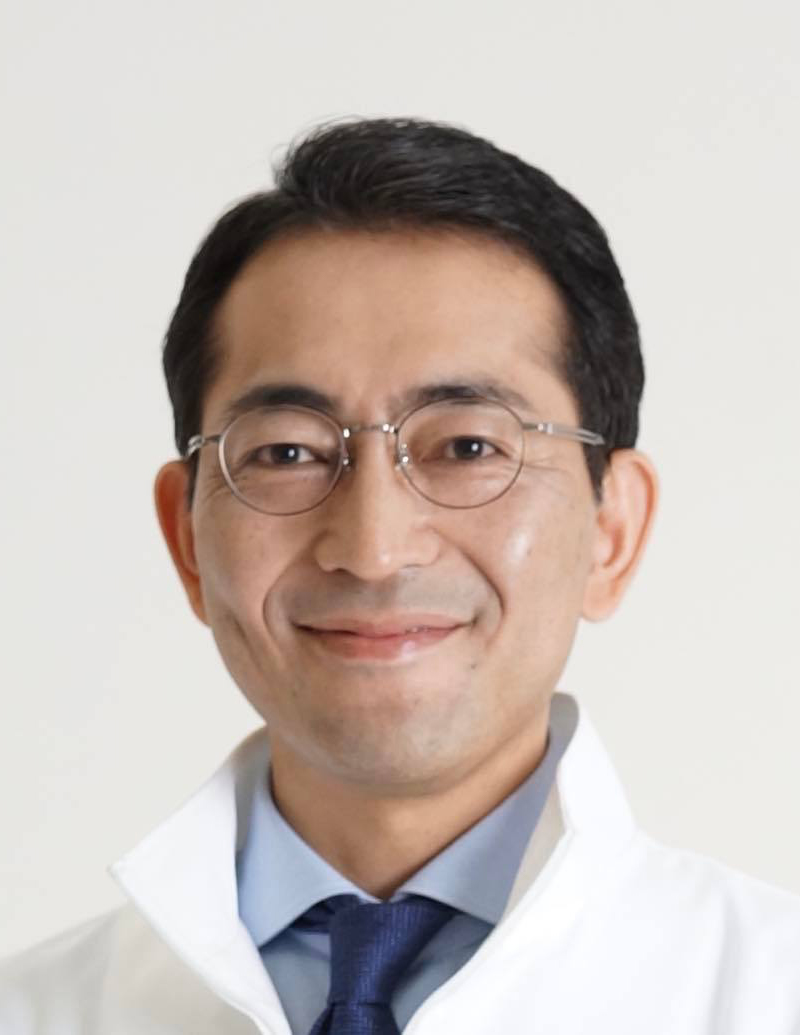 THE CAUSES OF AUTISM SPECTRUM DISORDER (ASD) HAVE NOT YET BEEN IDENTIFIED, AND NO DRASTIC TREATMENT HAS YET BEEN ESTABLISHED.
In recent years, it has become clear that dysbiosis is associated with symptoms of ASD, and the efficacy and safety of correcting the intestinal microbiota by means of intestinal flora transplantation (Fecal Microbiota Transplantation (FMT)) has been discussed. The efficacy and safety of correcting the intestinal microbiota through fecal microbiota transplantation (FMT) and other means are now being discussed.
We have been performing FMT with NanoGAS®︎ water for ASD since the inception of our study group in 2017 and have experienced in some cases a reduction in symptoms such as tantrums and poor switching immediately after FMT as well as improved communication.
In this report, we discuss the trend of intestinal microbiota, which we consider characteristic of ASD, and report a case of ASD in which FMT using NonaGAS®︎ was effective, along with literature review.
THE CAUSES OF AUTISM SPECTRUM DISORDER (ASD) HAVE NOT YET BEEN IDENTIFIED, AND NO DRASTIC TREATMENT HAS YET BEEN ESTABLISHED.
In recent years, it has become clear that dysbiosis is associated with symptoms of ASD, and the efficacy and safety of correcting the intestinal microbiota by means of intestinal flora transplantation (Fecal Microbiota Transplantation (FMT)) has been discussed. The efficacy and safety of correcting the intestinal microbiota through fecal microbiota transplantation (FMT) and other means are now being discussed.
We have been performing FMT with NanoGAS®︎ water for ASD since the inception of our study group in 2017 and have experienced in some cases a reduction in symptoms such as tantrums and poor switching immediately after FMT as well as improved communication.
In this report, we discuss the trend of intestinal microbiota, which we consider characteristic of ASD, and report a case of ASD in which FMT using NonaGAS®︎ was effective, along with literature review.
keynote speech
“The Future of Children with Autism Spectrum Disorders”
Panelists
Dr. Kenji Tsuchiya (Specially Appointed Professor, Research Center for Child Mental Development, Hamamatsu University School of Medicine)
Dr. Taiichi Katayama (Vice Dean, United Graduate School of Child Development, Osaka University / Professor, Division of Molecular Biogenetics)
Dr. Masahiko Johya (Director, Luke’s Ashiya Clinic)
Ms. Naomi Hatanaka (Representative, General Incorporated Association Challenged LIFE)
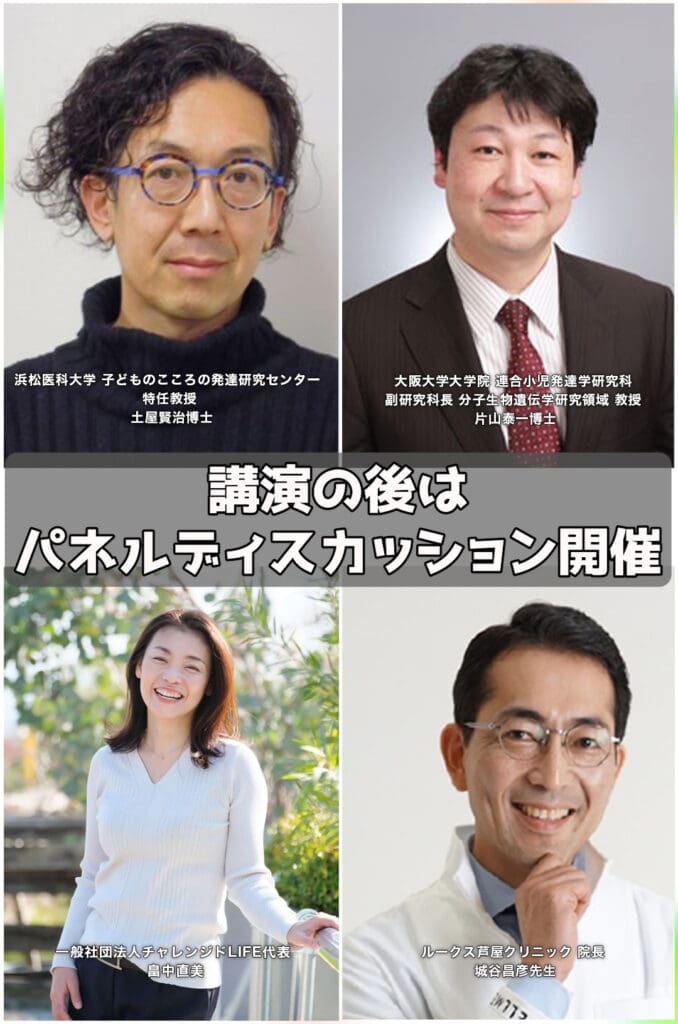
Click here to see a message from Naomi Hatanaka, President of Challenged LIFE, a general incorporated association, about the academic conference:
(short video: about 1 minute)
Prospects for NanoGAS Water Research
Symbiosis, Inc.
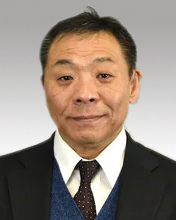 The earliest known origin of intestinal flora transplantation is said to be around the 4th century in China, where the first case of treatment was when a healthy person’s stool was placed in the buttocks of a person who had diarrhea that would not stop, and the diarrhea was cured. Since then, research on fecal microbiota transplantation (intestinal flora transplantation) has progressed in Western countries, starting with a report on pseudomembranous enteritis in 1958.
IN 2013, A STUDY IN THE NETHERLANDS TRIGGERED A THERAPEUTIC EFFECT AGAINST CLOSTRIDIOIDES DIFFICILE INFECTION (CDI), AND IN 2014, THE U.S. FOOD AND DRUG ADMINISTRATION (FDA) POSITIONED “INTESTINAL FLORA TRANSPLANTATION AS THE TREATMENT OF FIRST CHOICE WHEN CDI IS MULTIDRUG-RESISTANT,” AND ITS EFFECTIVENESS IS BEING MEDICALLY THE EFFECTIVENESS OF THIS THERAPY IS BEING MEDICALLY PROVEN.
We have put into practical use a technology that allows the intestinal bacteria of others to settle in the recipient’s intestinal mucosal layer, without the use of antibiotics, using our proprietary and patented “NanoGAS®” technology for stool lysis. Our next goal is to purify the bacterial solution for transplantation in an environment as close to the intestinal tract as possible. I will talk about the development of the world’s first automated purification system for bacterial solution, “Monotone,” and our future goal, NanoGAS®-FMT.
The earliest known origin of intestinal flora transplantation is said to be around the 4th century in China, where the first case of treatment was when a healthy person’s stool was placed in the buttocks of a person who had diarrhea that would not stop, and the diarrhea was cured. Since then, research on fecal microbiota transplantation (intestinal flora transplantation) has progressed in Western countries, starting with a report on pseudomembranous enteritis in 1958.
IN 2013, A STUDY IN THE NETHERLANDS TRIGGERED A THERAPEUTIC EFFECT AGAINST CLOSTRIDIOIDES DIFFICILE INFECTION (CDI), AND IN 2014, THE U.S. FOOD AND DRUG ADMINISTRATION (FDA) POSITIONED “INTESTINAL FLORA TRANSPLANTATION AS THE TREATMENT OF FIRST CHOICE WHEN CDI IS MULTIDRUG-RESISTANT,” AND ITS EFFECTIVENESS IS BEING MEDICALLY THE EFFECTIVENESS OF THIS THERAPY IS BEING MEDICALLY PROVEN.
We have put into practical use a technology that allows the intestinal bacteria of others to settle in the recipient’s intestinal mucosal layer, without the use of antibiotics, using our proprietary and patented “NanoGAS®” technology for stool lysis. Our next goal is to purify the bacterial solution for transplantation in an environment as close to the intestinal tract as possible. I will talk about the development of the world’s first automated purification system for bacterial solution, “Monotone,” and our future goal, NanoGAS®-FMT.[updated history].
2022/08/31 Added the content of the speech
2022/08/18 Added time schedule
2022/08/09 Added details of ASD case reports
2022/08/01 Added details of Keynote Speech
2022/06/30 Registration is now open








![Event] Roundtable Discussion with Loose Fungi – A Gathering of Mothers Working Hard for Their Children’s Future SP! ~](https://fmt.sym-biosis.co.jp/wp-content/uploads/2024/07/スクリーンショット-2024-07-24-14.01.07-480x320.png)

![〈End〉[Event]The 16th Roundtable Discussion with Loose Fungi](https://fmt.sym-biosis.co.jp/wp-content/uploads/2023/12/fmt-サムネイル-4-480x320.png)






